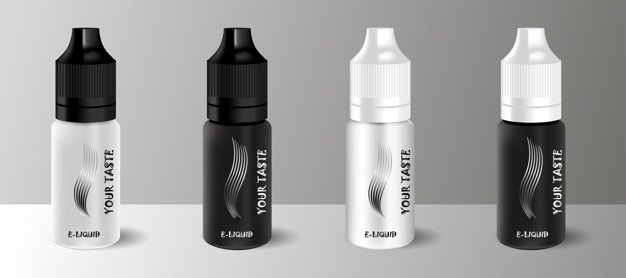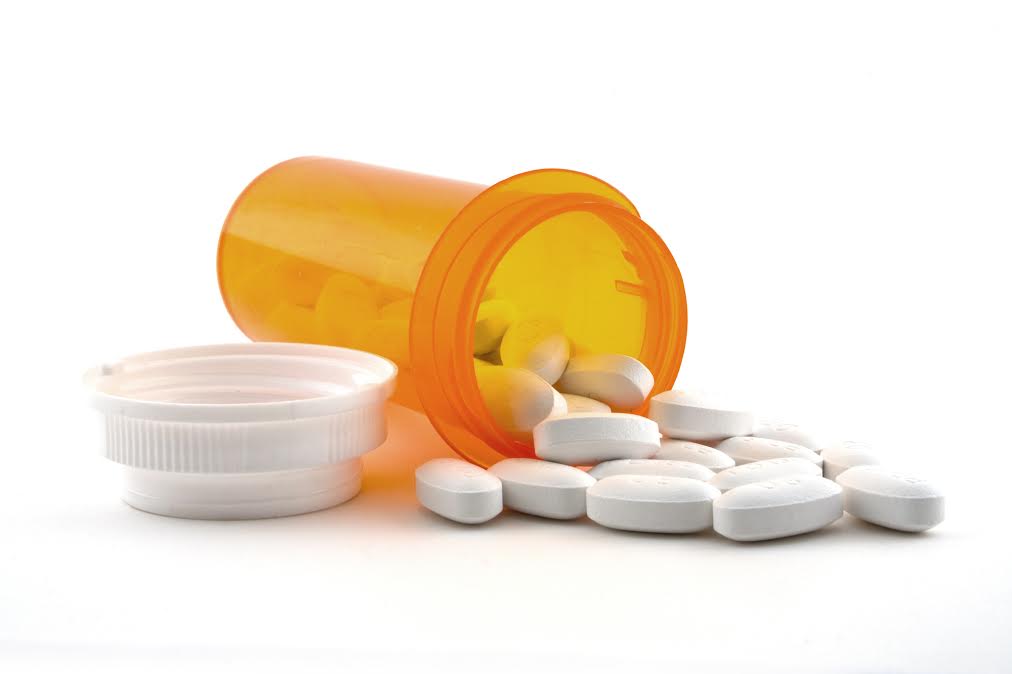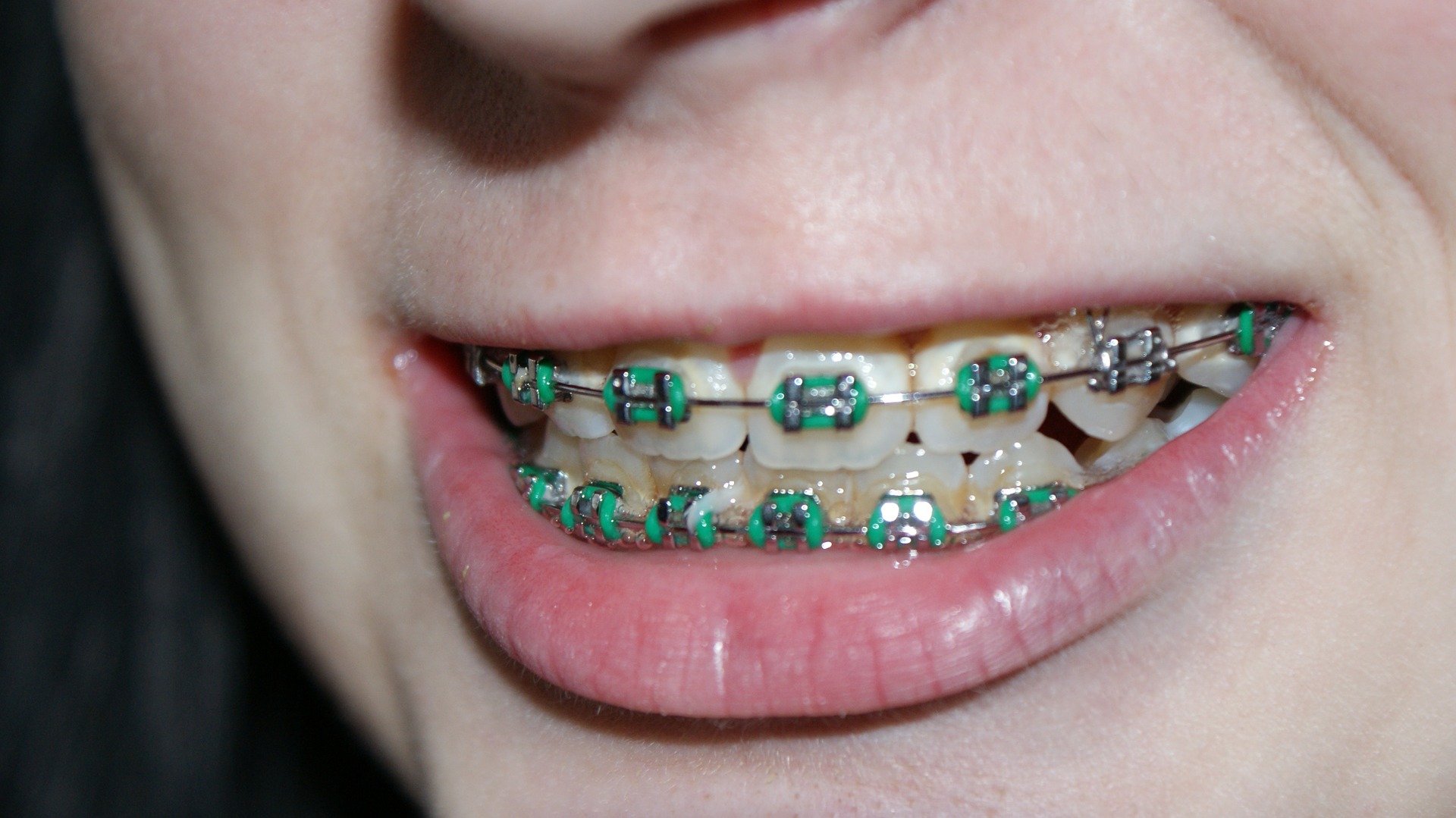Almost ten percent of Americans have used some sort of illicit drug in the past month. Many of those people won’t develop any signs of addiction.
Typically, people start to use drugs on a recreational basis and over time move from only using in a social setting to using on their own. As time goes on and the disease of addiction progresses, they will begin to exhibit more signs and engage in riskier behavior.
Fortunately, there are ways to catch addictions while they are forming. You can approach a loved one before their habit becomes a real problem, but only if you know what to look for. Learn more here.
1. An Increase of Stress and Feelings of Paranoia:
Most people turn to drugs and alcohol at stressful times in their life. If you know someone who has a history of turning to substances when they are upset and you find out they are going through a stressful period, you may want to reach out to lend them support.
If you reach out and you notice your friend responds with feelings of paranoia, they may be already headed towards developing an addiction. Talk to them about their recent drug and alcohol use.
2. Changes in Behavior:
Depending on how often you are able to see your loved one, you will be able to notice changes in their behavior developing.
They may start to miss work more, have problems in school, and not care about showing up at social engagements. They may also start to isolate themselves more so that they are able to make more time for using.
Their conversations will become dominated by talk of drug and alcohol use. And, they will most likely fall on hard financial times and constantly need more money.
3. Cold or Flu-Like Symptoms:
Cold or flu-like symptoms can develop due to long term use of many drugs including meth and opioids. For those who inject the drugs, they will often develop a cough and a runny nose as well as puffy eyes.
If you notice that your loved one has some of these symptoms but they don’t want to go to the doctor, it could be because they have something to hide.
4. Manipulative Behavior:
Drug and alcohol addictions are expensive. Depending on how much access a drug user has to cash, they may frequently be in need of more money to feed their habit.
When combined with the threat of withdrawal symptoms, many addicts will choose to steal or manipulate their loved ones in order to get the money they need. They will come up with lies and tell stories in order to borrow more cash. They may also steal valuables from their loved ones that they can sell later for cash.
5. Unexplained Disappearances:
Unexplained disappearances are a common indicator of addiction. In order to become an addict, you have to dedicate a lot of time to it. The more time an addict spends high, the less comfortable they tend to feel around friends and family members that don’t use.
Over time, they may start disappearing for a few hours. After a while, it could become more frequent with disappearances that last for days or even weeks.
6. Dishonesty:
If you are using drugs and alcohol frequently, there are very few people in the world who will allow you to openly continue to your behavior. Many addicts feel they have to lie in order to support their habit.
If you notice that you keep catching your loved one in lies but aren’t sure what’s at the root of it all, you should consider whether they might be using drugs or alcohol.
7. The frequency of Use:
As mentioned earlier, many people who abuse substances start off by having more control over their use. Over time, they begin to develop a tolerance that causes their body to feel like it needs more just to get high.
The more you ingest, the higher your chance of getting addicted. Many addicts feel like they can quit any time they want. This should be a red flag about someone’s use since if the problem is being talked about, they probably should have already stopped.
8. Discovery of Drug Paraphernalia:
If someone is using drugs, you may not always find their stash. But, you can usually find some evidence of their use, such as drug paraphernalia.
Make sure if you confront a loved one about what you have found, that you have all your facts straight before you make the accusation. Most addicts will deny any evidence they are confronted with.
9. Development of a Tolerance:
If you have been using drugs and alcohol yourself and you’re concerned that you may be pushing it too far, you should consider whether or not you have developed a tolerance to the substances.
Tolerance is your body’s way of telling you that it has made a permanent adjustment to craving that substance. It’s a dangerous indicator of addiction.
Other Signs of Addiction:
If you have any of the signs of addiction on this list, then it may be time for you to consider a recovery facility. But there is one more major sign left to mention – continuing despite negative consequences.
If using substances has been leading to problems in your relationships or finances, then you need to take the problem seriously and get help today. Learn more about rehab here.
More Helpful Advice:
Now that you know the signs of addiction, you can keep an eye on your loved ones to make sure they stay safe and healthy.
For more health and fitness advice, check out our other posts today.
Read Also:






















